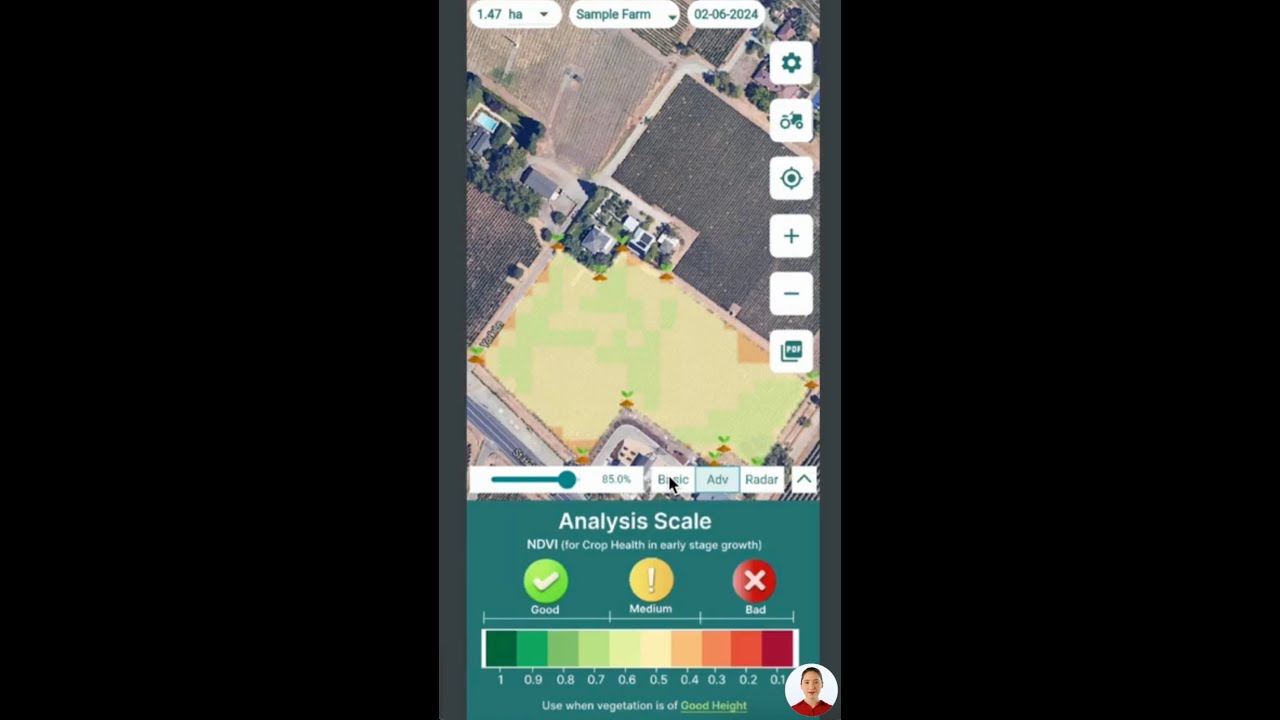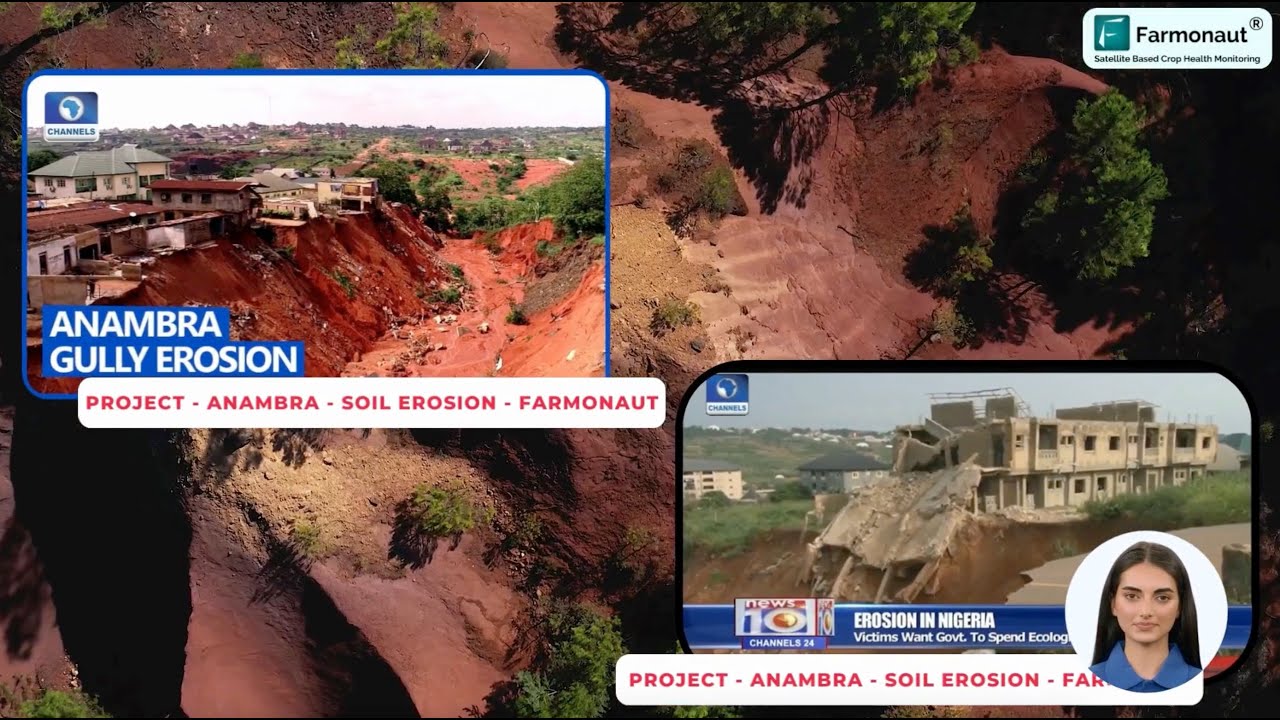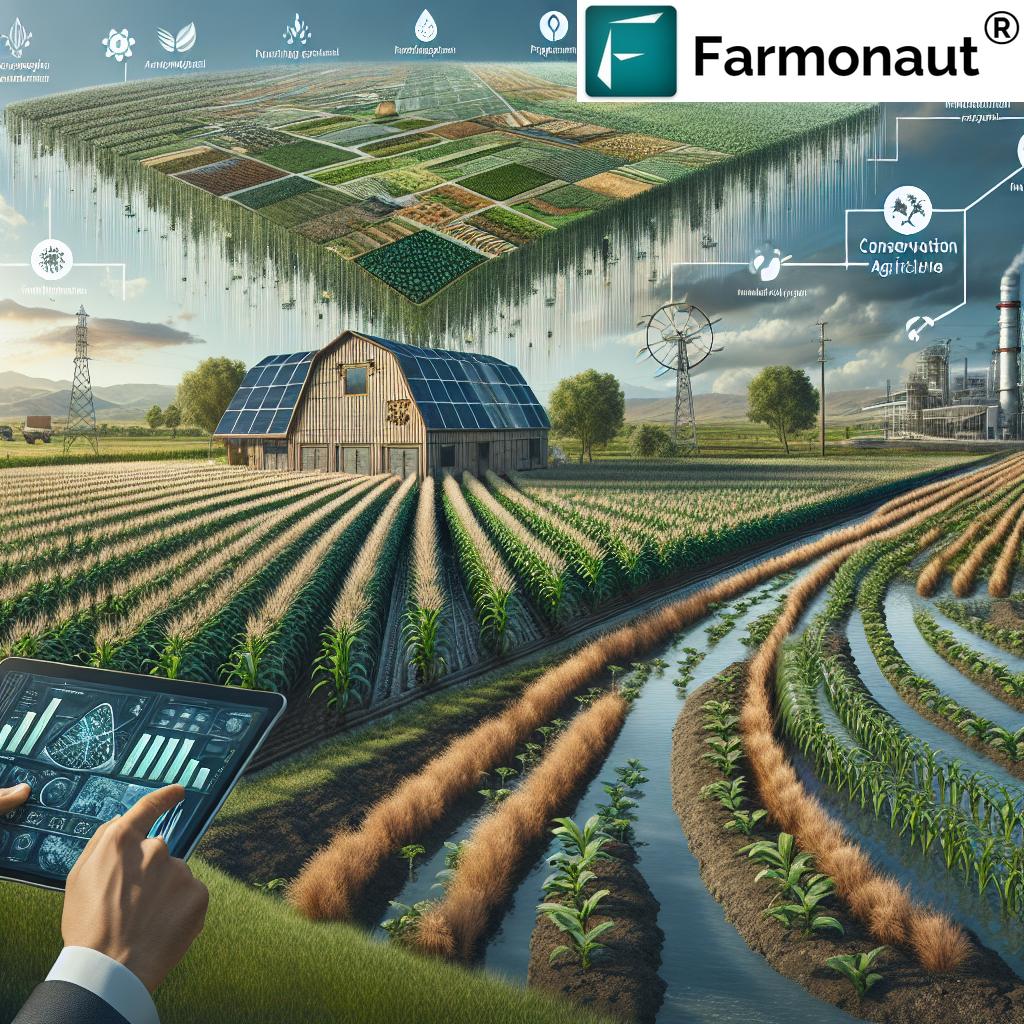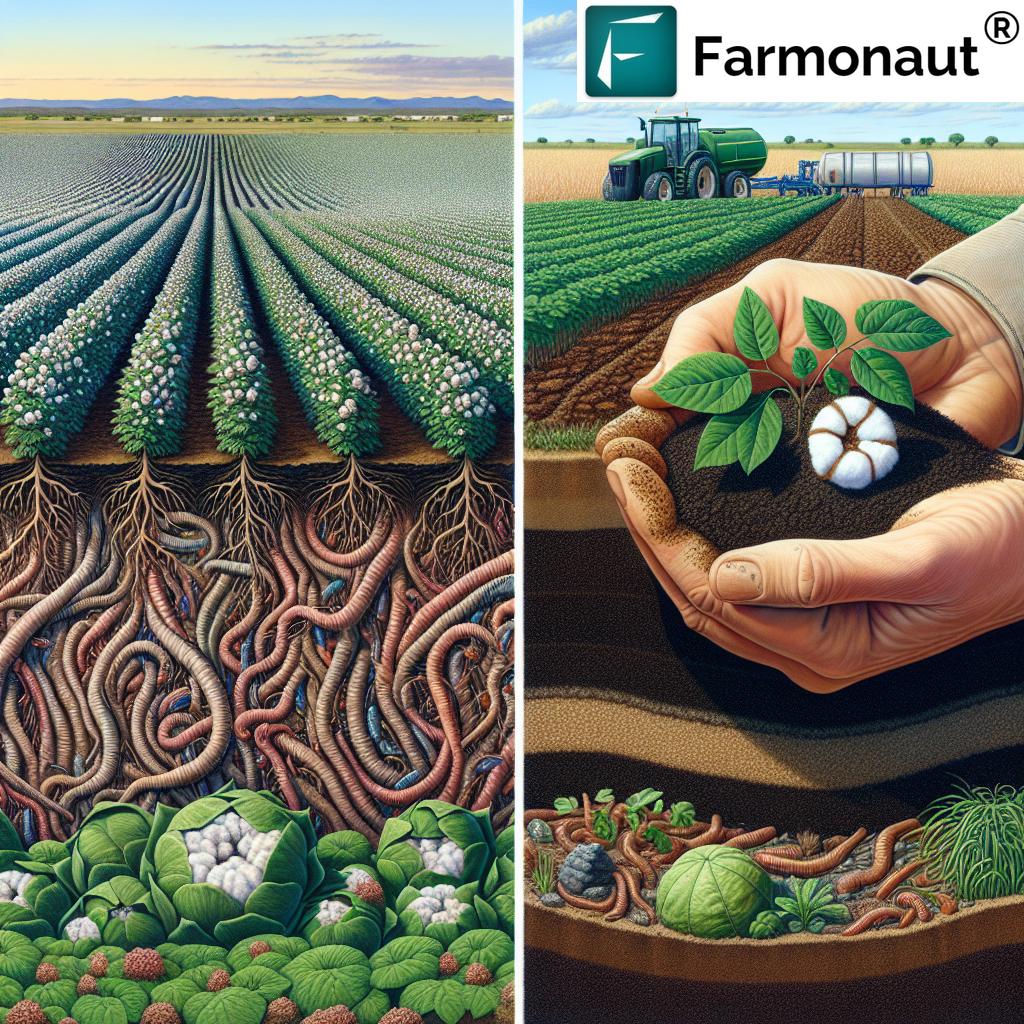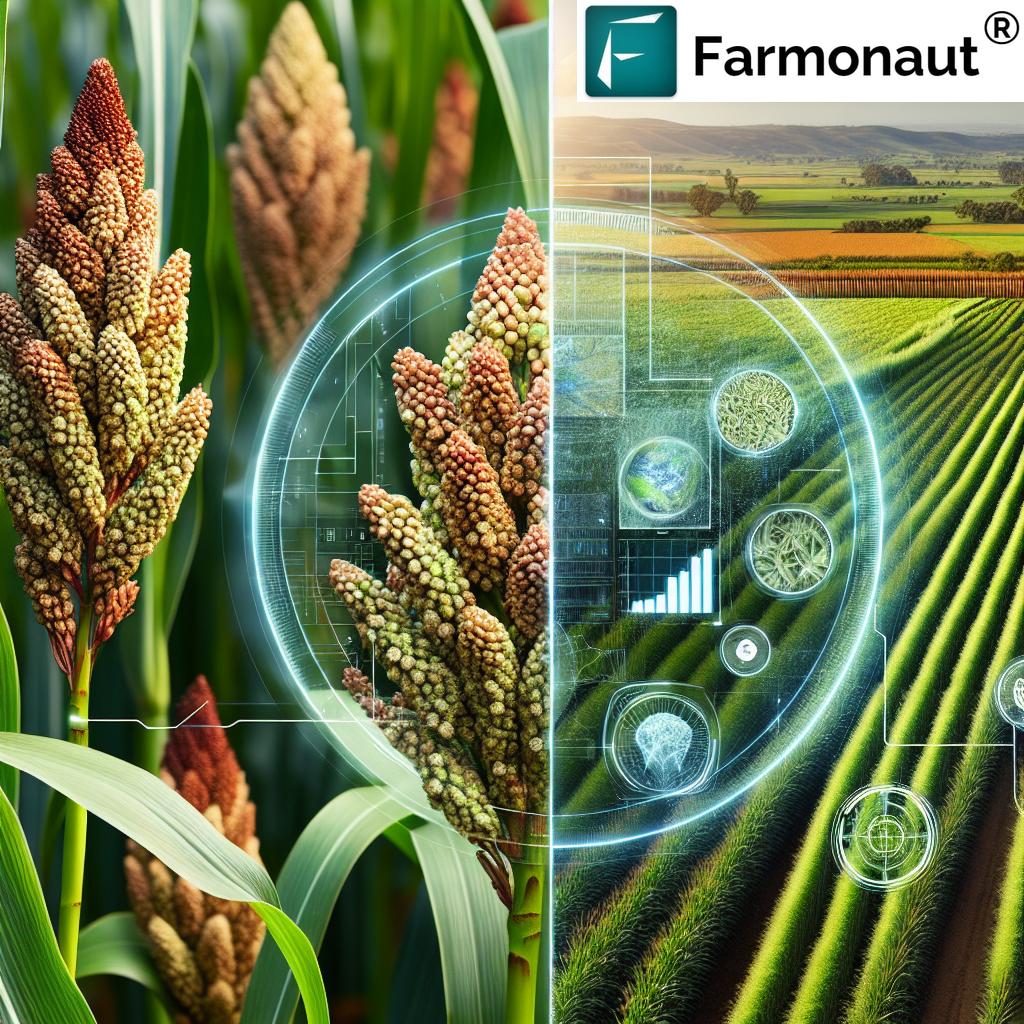Envirothon: St. Louis Students Tackle Hands-On Environmental Challenges in Annual Competition
Welcome to our comprehensive exploration of the Envirothon competition, a remarkable high school environmental challenge that’s shaping the next generation of environmental stewards in St. Louis and beyond. In this blog post, we’ll delve into the intricacies of this annual outdoor event that tests critical thinking skills and offers students a unique opportunity to engage in hands-on natural resource education.

“The Envirothon competition covers 5 key environmental topics: soil, water, wildlife, aquatics, and forestry.”
What is Envirothon?
Envirothon is an annual, hands-on environmental competition designed for high school students. It’s a unique program that combines classroom learning with outdoor experiences, challenging participants to apply their knowledge to real-world environmental issues. The competition focuses on five core areas: soil and water conservation, wildlife, aquatics, forestry, and a current environmental topic that changes each year.
Originating in Pennsylvania, the Envirothon has grown into a state, national, and international event, attracting thousands of students annually. In St. Louis, Missouri, the competition has become a cornerstone of environmental education, bringing together students from various school districts to collaborate, compete, and learn about the complexities of our natural world.
The St. Louis Envirothon Experience
Picture this: teams of high school students huddled around picnic tables near Pacific, Missouri, braving the rain and wrestling with soggy paper as they race against the clock. These determined young minds are engaged in a battle of wits and environmental knowledge, performing soil tests, water analysis, wildlife tracking, and various other scientific investigations.
The St. Louis Envirothon, hosted by the St. Louis and St. Charles County Soil and Water Conservation Districts in partnership with the City of Wentzville, is more than just a competition. It’s an immersive educational experience that pushes students to think critically about natural resources and sustainability.
The Competition Structure
The Envirothon competition is structured to challenge students in multiple ways:
- Written Tests: Teams answer written questions at five outdoor testing stations, covering the core environmental topics.
- Hands-on Investigations: Students perform practical field tests, applying scientific methods to real environmental scenarios.
- Oral Presentations: Teams present solutions to specific natural resource issues, honing their communication and problem-solving skills.
This multifaceted approach ensures that participants not only learn about environmental science but also develop critical thinking, teamwork, and presentation skills that are invaluable in both academic and professional settings.
The Five Core Areas of Envirothon
Let’s take a closer look at the five main subject areas covered in the Envirothon competition:
| Topic | Key Concepts | Practical Skills Tested | Career Connections |
|---|---|---|---|
| Soil and Water Conservation | Soil composition, erosion, water quality | Soil texture analysis, water pH testing | Soil scientist, hydrologist |
| Wildlife | Species identification, habitat management | Animal tracking, population surveys | Wildlife biologist, conservation officer |
| Aquatics | Watershed ecology, aquatic ecosystems | Water quality testing, macroinvertebrate sampling | Aquatic ecologist, fisheries manager |
| Forestry | Tree identification, forest management | Tree measurement, forest health assessment | Forester, arborist |
| Current Environmental Issue | Varies annually (e.g., climate change) | Research, problem-solving, presentation | Environmental policy analyst, sustainability consultant |
This comprehensive coverage ensures that students gain a well-rounded understanding of environmental science and natural resource management.
The Impact of Envirothon on Environmental Education
The Envirothon competition plays a crucial role in environmental education, offering several key benefits:
- Hands-on Learning: By taking students out of the classroom and into nature, Envirothon provides practical, experiential learning opportunities that reinforce theoretical knowledge.
- Interdisciplinary Approach: The competition integrates various scientific disciplines, encouraging students to think holistically about environmental issues.
- Career Exposure: Envirothon introduces students to potential careers in environmental science and natural resource management, inspiring future environmental professionals.
- Environmental Awareness: Participants develop a deeper understanding of ecological sustainability and the importance of conservation.

“Originating in Pennsylvania, Envirothon has expanded to state, national, and international levels, reaching thousands of students annually.”
The Role of Technology in Environmental Education
While Envirothon focuses on hands-on, outdoor learning, technology also plays a significant role in modern environmental education. For instance, platforms like Farmonaut are revolutionizing agriculture and environmental management through satellite-based solutions. These technologies offer valuable tools for monitoring crop health, managing resources, and promoting sustainable practices.
Farmonaut’s carbon footprinting feature, for example, allows agribusinesses to track their environmental impact in real-time. This aligns well with the Envirothon’s focus on sustainability and could be an interesting topic for students to explore in the competition’s current environmental issue category.
Preparing for Envirothon: Tips for Success
For students and teachers preparing for the Envirothon competition, here are some valuable tips:
- Start Early: Begin preparing well in advance of the competition. Form your team and start studying the core topics as soon as possible.
- Utilize Online Resources: Take advantage of online learning materials, including educational videos and interactive quizzes on environmental topics.
- Practice Outdoors: Spend time in nature, practicing identification skills and hands-on testing techniques.
- Develop Teamwork: Work on team building exercises to improve communication and collaboration skills.
- Stay Informed: Keep up with current environmental news and issues, especially related to your local area.
The Journey from Regional to International Competitions
The Envirothon competition offers a unique opportunity for students to progress from regional events to state, national, and even international levels. Here’s how the journey typically unfolds:
- Regional Competition: Students start at the local level, such as the St. Louis Envirothon.
- State Competition: Winners from regional events advance to the Missouri State Envirothon.
- National Competition: State champions move on to compete against teams from across the United States and Canada.
- International Competition: Some years feature an international event, bringing together top teams from around the world.
This progression not only provides increasing levels of challenge but also offers students the chance to connect with peers from diverse backgrounds who share their passion for environmental science.
The Role of Mentors and Advisors
Behind every successful Envirothon team are dedicated mentors and advisors. These individuals, often teachers or environmental professionals, play a crucial role in guiding students through their Envirothon journey. They provide expertise, encouragement, and help students develop the skills needed to excel in the competition.
Mentors can also introduce students to innovative tools and technologies used in environmental management. For instance, they might demonstrate how platforms like Farmonaut’s fleet management system are used in agricultural operations to optimize resource use and reduce environmental impact.
Envirothon and Career Pathways
One of the most valuable aspects of the Envirothon competition is its ability to inspire students to pursue careers in environmental science and natural resource management. By exposing participants to real-world environmental challenges and connecting them with professionals in the field, Envirothon opens doors to a wide range of career possibilities.
Some potential career paths inspired by Envirothon include:
- Environmental Scientist
- Conservation Biologist
- Soil Scientist
- Hydrologist
- Forestry Specialist
- Sustainability Consultant
- Environmental Policy Analyst
Many of these careers align with the growing field of precision agriculture and environmental technology. For example, companies like Farmonaut are at the forefront of integrating satellite technology and AI into agricultural practices, offering exciting opportunities for those interested in the intersection of technology and environmental science.
The Future of Envirothon
As we look to the future, the Envirothon competition is poised to play an even more critical role in environmental education. With growing concerns about climate change, biodiversity loss, and resource management, programs like Envirothon are essential in preparing the next generation of environmental stewards.
We can expect to see the competition evolve to incorporate emerging environmental challenges and technologies. For instance, future Envirothon events might include topics related to renewable energy, urban ecology, or the use of AI and satellite technology in environmental monitoring, similar to the innovations being developed by companies like Farmonaut.
Conclusion: The Lasting Impact of Envirothon
The Envirothon competition is more than just an annual event; it’s a transformative experience that shapes how students understand and interact with the natural world. By combining rigorous academic study with hands-on field experiences, Envirothon creates a unique learning environment that prepares students for future challenges in environmental science and resource management.
As we’ve explored in this blog post, the benefits of Envirothon extend far beyond the competition itself. It fosters critical thinking, teamwork, and a deep appreciation for our environment. It opens doors to exciting career paths and inspires a lifelong commitment to environmental stewardship.
For students in St. Louis and beyond, Envirothon offers an unparalleled opportunity to engage with environmental issues in a meaningful way. As we face growing environmental challenges, programs like Envirothon play a crucial role in equipping the next generation with the knowledge, skills, and passion needed to create a sustainable future.
We encourage students, teachers, and schools to get involved in Envirothon. Whether you’re participating in the competition, supporting a team, or simply learning more about environmental issues, you’re contributing to a more sustainable and environmentally aware community.
FAQs About Envirothon
- Who can participate in Envirothon?
Envirothon is open to high school students, typically in grades 9-12. - How many students are on an Envirothon team?
Teams usually consist of 5 students, though this may vary slightly depending on the specific competition rules. - How can schools get involved in Envirothon?
Schools can contact their local or state Envirothon coordinators to learn about participation opportunities and registration processes. - What kind of preparation is needed for Envirothon?
Preparation typically involves studying the core topics, practicing field testing techniques, and working on teamwork and presentation skills. - Are there scholarships available through Envirothon?
Many Envirothon competitions offer scholarships to top-performing teams, though specifics vary by region and competition level.
As we conclude this exploration of the Envirothon competition, we hope you’ve gained a deeper appreciation for this innovative environmental education program. Whether you’re a student considering participation, a teacher looking to engage your class, or simply someone interested in environmental issues, Envirothon offers valuable insights into the complexities of our natural world and the importance of sustainable resource management.
For those interested in exploring more about environmental technology and sustainable agriculture, we encourage you to check out Farmonaut’s innovative solutions:
Earn With Farmonaut: Affiliate Program
Earn 20% recurring commission with Farmonaut’s affiliate program by sharing your promo code and helping farmers save 10%. Onboard 10 Elite farmers monthly to earn a minimum of $148,000 annually—start now and grow your income!



